Jaw Brew is a microbrewery in Glasgow (Scotland) that specializes in using the circular economy to increase their bottom line. They are also a member of our pilot program. Recently, we had the opportunity to speak with Mark Hazell, their founder and head-brewer, about sustainability and the brewing industry relationship with water.
Jaw Brew’s commitment to the circular economy is… impressive, to say the least. Their website describes them as a “Circular Microbrewery Based in Glasgow” and Mark expanded on that by clarifying that “Our stated ambition is to be a world-leading circular microbrewery.”
Indeed one only has to look at their countless initiatives relating to the circular economy to see they aren’t just blowing smoke.
“Right from the start, we were looking at circular styles of innovation for the way we brewed…” Says Hazell.
One of the most popular of these innovations is a beer made from bread rolls from bakeries in Glasgow that would otherwise have been discarded at the end of the day. This beer actually won an award in 2016. This is just the tip of the iceberg though.
Other circular initiatives Jaw Brew has in the pipeline include reusable bottles, a heat recovery system that will use the excess heat generated by the beer cooling systems to heat water for the next brew, and snack bars made from the spent grains rich in fiber and protein.
By far the coolest of the projects that Jaw Brew is working is a partnership with a Scottish company that creates bio-plastics out of the chiton from prawn shells. This is used to create packaging that is not only biodegradable but actually compostable! Not to mention safe for ocean life.
“If it ended up in the ocean, rather than harming sea creatures it is actually edible” explains Mark “Any time we are making changes, we are thinking… ‘how can we improve the way we are making beer?’”
Bottom line boosts for planet and brewery
This commitment does stem from a the belief in doing good, but Mark also leverages this as a way to significantly improve Jaw Brew’s bottom line.
Hazel brings up the example of their snack bars. “Rather than selling our spent grain to farmers for cattle feed, where a large brewery might be able to sell it for 25 pounds/tonne, if we can make 10,000 snack bars with that same tonne of grain, you can imagine if they sell four a pound each, that’s a lot of money.”
“When you are actively looking for ways of reusing what would normally be a wasted product you actually get a lot of mileage out of that… it has the potential to increase the profitability of the business as well as just being the right thing to do.”
Now, Jaw Brew has set their sights on one of the largest sources of waste in the brewing industry, and one of the resources most affected by scarcity: water.
“The amount of water we use in brewing is quite large… What we are trying to do is minimize the amount of water that is single use and then gets put down the drain.” Mark explains as he outlines some of the challenges brewers encounter when it comes to water.
One way that Jaw Brew is planning on addressing this is by is through the NuTree and aquaponics systems they have contracted from us that will help clean and recycle their wastewater. They hope this will serve as a working example of the circular economy in action.
“You have a really good example of the circular economy that would also have the effect of being a visitor attraction… This is something else that is an offshoot and a complimentary business to the brewery.”
When we think about water scarcity, we often conjure images of the developing world, but the problem is ubiquitous across all regions and nations. Brewing is a prime example of an industry that feels water pain hard, even in the U.S. and Europe.
“Brewing is a high water use industry… circularity will become essential in brewing… within a decade most brewers will be looking to reuse the water by cleaning it rather than just using it once.”

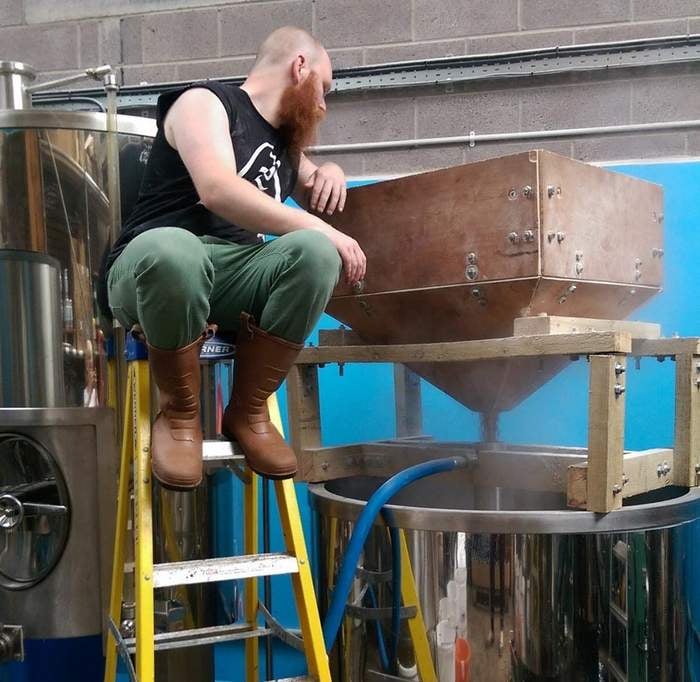
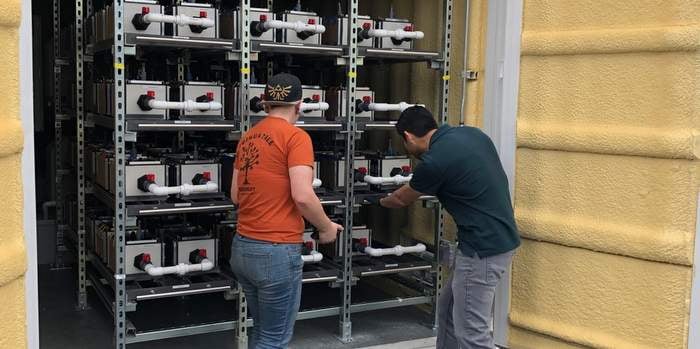
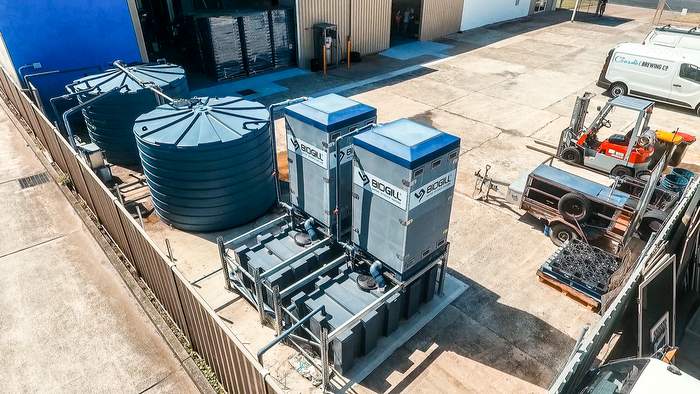
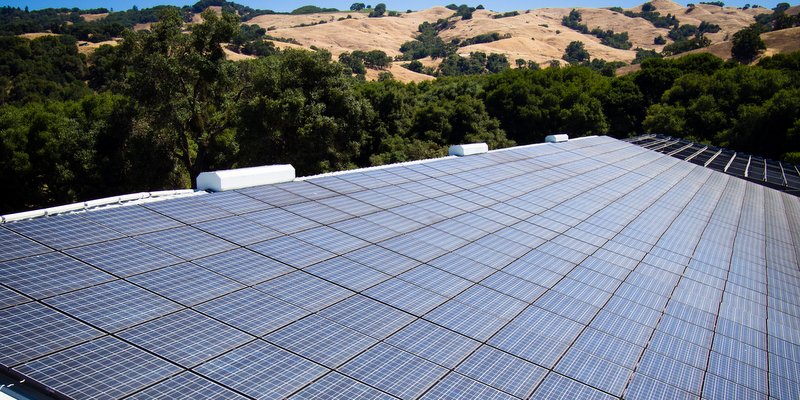
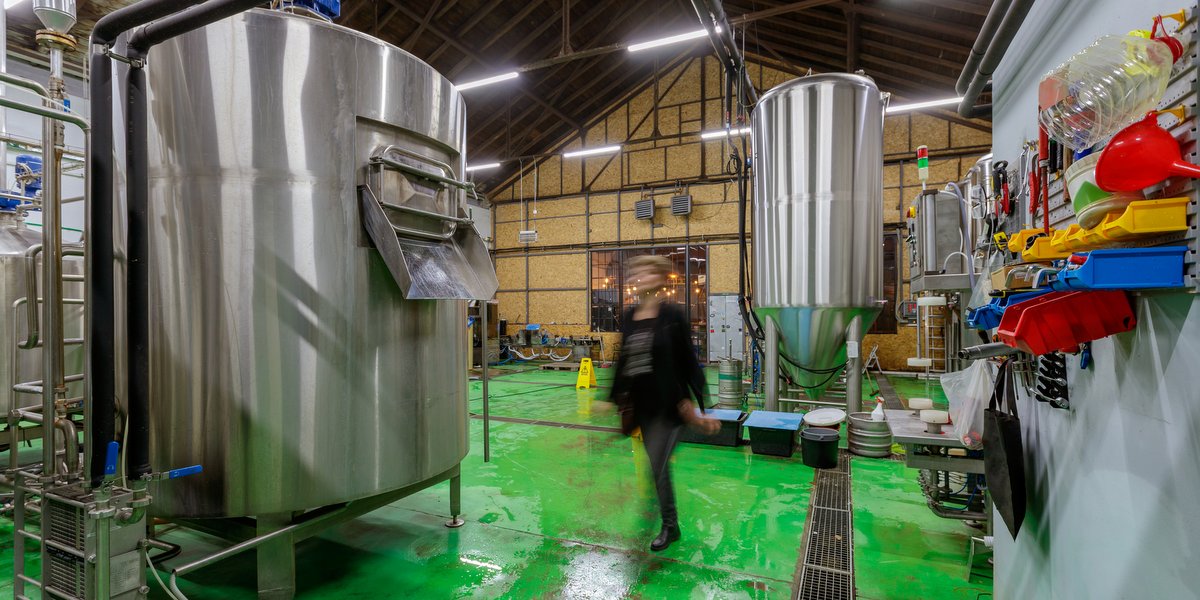
Leave a Reply
You must be logged in to post a comment.